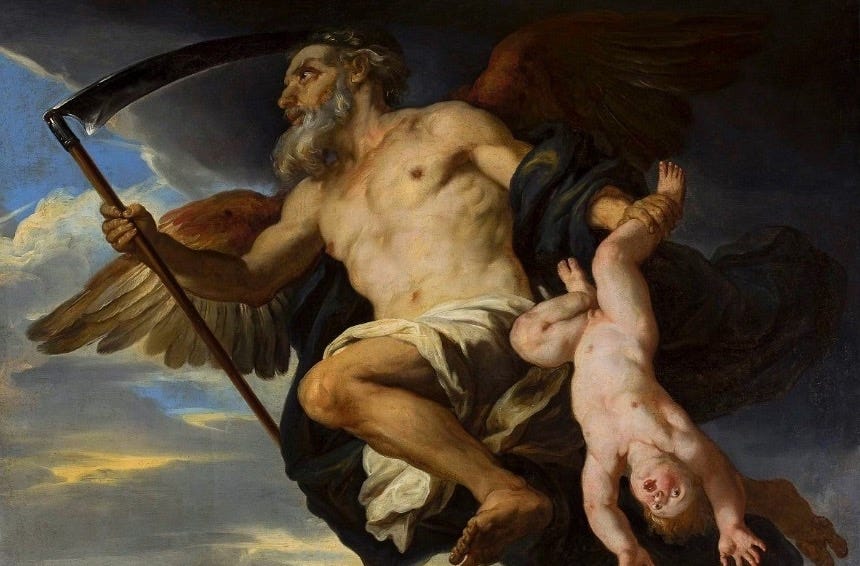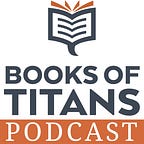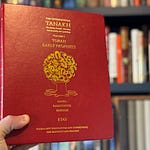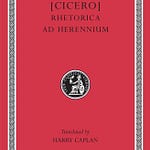
The goal of this dialogue is the definition of a statesman. Can Plato show us the essence or nature of the statesman? This dialogue is a sequel to Sophist. In each dialogue, an attempt at a definition is sought through the method of division. For example, Statesman begins with Knowledge, which is divided into practical and theoretical knowledge. The statesman would be on the theoretical side.
This division occurs until the discussion partners Visitor from Elea and Socrates the Younger describe the statesman as a shepherd or herder of humans. That doesn’t work, and so a Deus Ex Machina of sorts jumps in through the telling of a myth. In the myth, the ages of Cronus and Zeus are contrasted and the dialog is set on a different path. That path leads to a definition or essence of the statesman as more of a weaver of disparate parts.
The dialogue then gets into different types of governments and the role of law within each set. It posits the best form of government (rule by statesman through special, expert knowledge) but admits that such a person is unlikely. The next best thing is the rule by imitator (Sophist?) who rules by the existing set of laws, despite the likelihood of injustice.
I loved this dialogue. The surprise appearance of the myth was so delightful and the discussion about law, types of government, courage, and governance utterly fascinating. In this episode, In this episode, I give an overview of the arguments and take a look at the myth and it’s relation to the definition of the statesman.
Show Notes:
Want to discuss White Nights by Fyodor Dostoevsky? Simply become a paid subscriber here on the Books of Titans Substack and you’ll receive details about our November 12th Zoom call to discuss this short novel.












